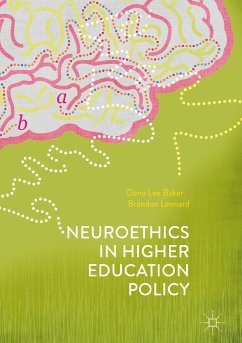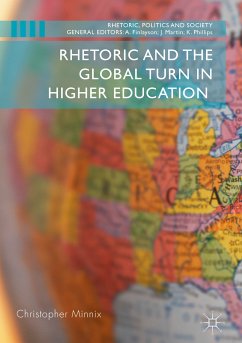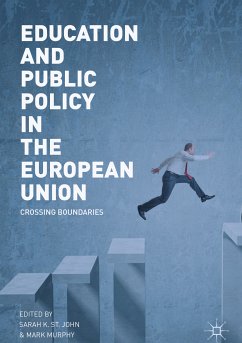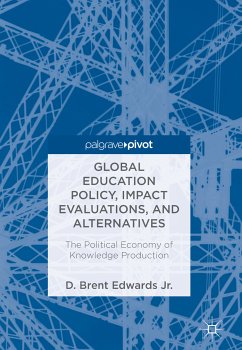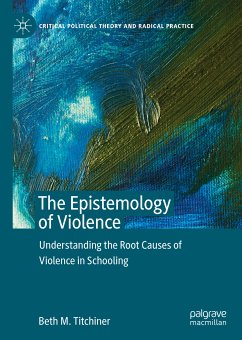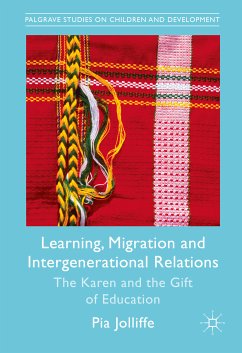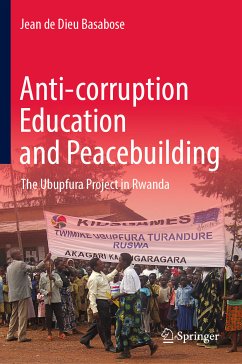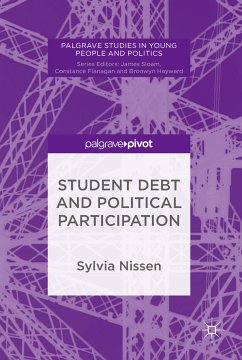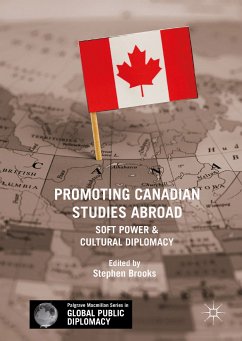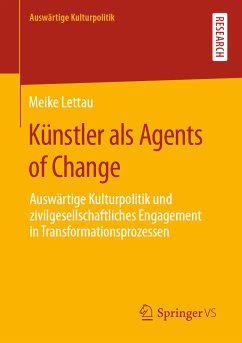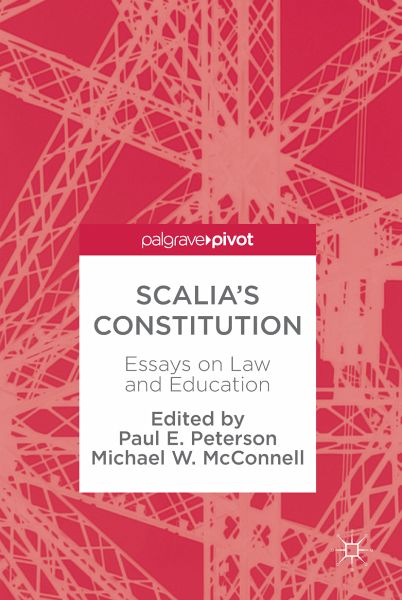
Scalia's Constitution (eBook, PDF)
Essays on Law and Education
Redaktion: Peterson, Paul E.; Mcconnell, Michael W.
Versandkostenfrei!
Sofort per Download lieferbar
44,95 €
inkl. MwSt.
Weitere Ausgaben:

PAYBACK Punkte
22 °P sammeln!
This book explores the application of Scalia's textualism and originalism to education law and reflects upon Scalia's teachings and his pedagogy. Education law may seem to be an odd vehicle for considering Scalia's constitutional approach, but thinking about schools requires attention to political fundamentals-freedom of speech, free exercise of religion, equality of opportunity, federalism, and the proper role of the expert. Legal scholars, philosophers, and political scientists provide both critiques and apologies for Scalia's approach.
Dieser Download kann aus rechtlichen Gründen nur mit Rechnungsadresse in A, B, BG, CY, CZ, D, DK, EW, E, FIN, F, GR, HR, H, IRL, I, LT, L, LR, M, NL, PL, P, R, S, SLO, SK ausgeliefert werden.



